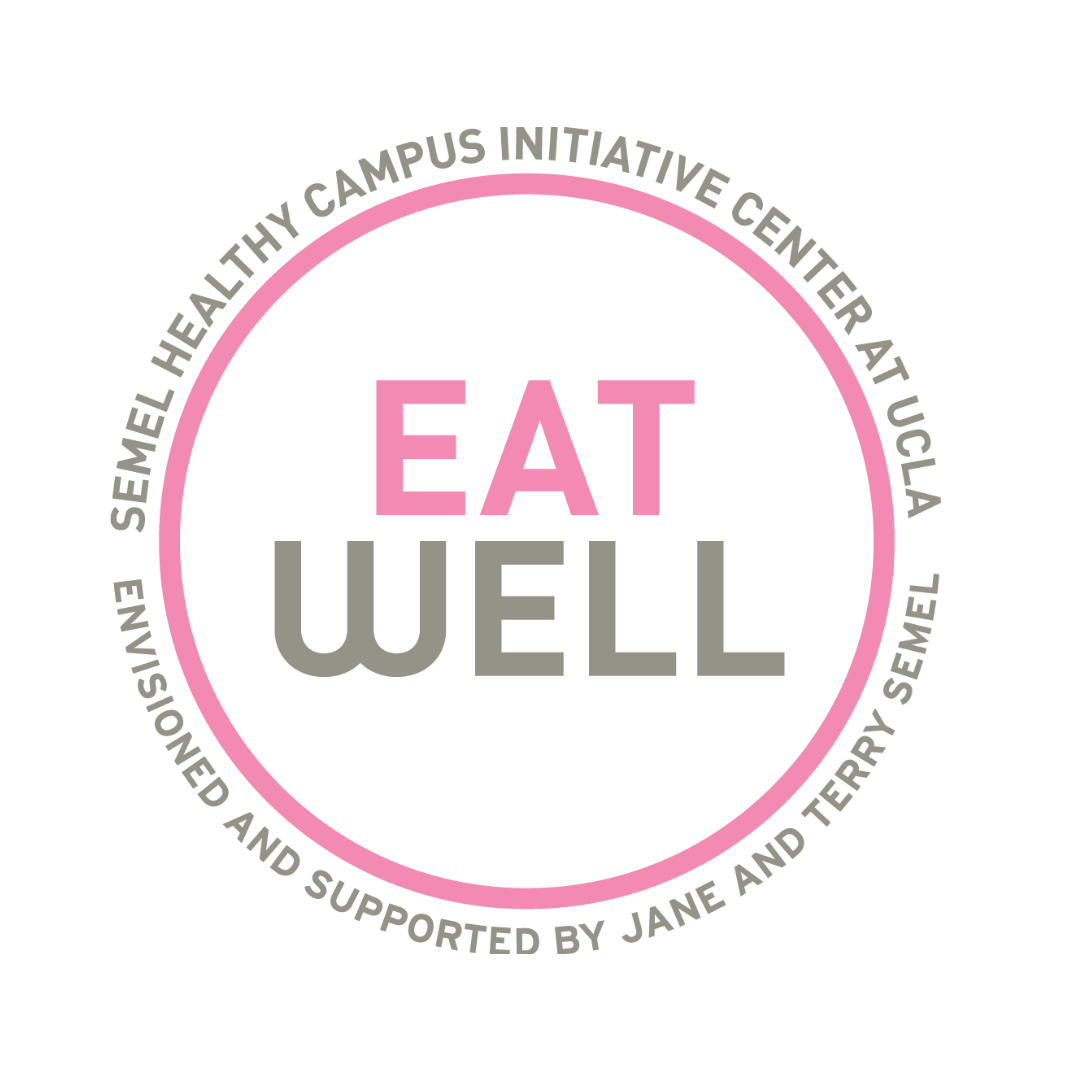When it Comes to Bacteria, Trust Your Gut
By: Monica Morucci
If asked, you would likely define yourself as human. Technically, however, you are only 10% human; our human cells are outnumbered by bacterial cells 10 to one.
The trillions of bacteria that live on and inside us, called the human microbiota, are often associated with illness, but are important for many processes that maintain our health.
The gut microbiota — the community of bacteria in the gastrointestinal (GI) tract— is the densest community, numbering 1012 bacteria per gram.
Some of the plant foods we eat contain starches and sugars that our body is unable to break down; our gut bacteria do this for us so that we can harvest energy. Additionally, bacteria produce precursors to vitamins B1 and B6, which help the body process nutrients. Perhaps surprisingly, our main sources of vitamin K are bacterial synthesis and leafy green vegetables.
Gut bacteria can also contribute to unhealthy forms of metabolism. A 2009 study in Proceedings of the National Academy of Sciences found that obese and normal-weight individuals have distinctly different intestinal communities. They hypothesize that these distinct bacteria promote an increase in energy uptake from the intestine, resulting in obesity.
The phenomenon of “gut feelings” may have support in new research between the gut and the brain. Increasing evidence suggests that gut bacteria influence gut-brain communication through the gut-brain axis—the bi-directional communication route between the GI system and the brain. Additional human studies are needed, but current science suggests that the gut microbiota may affect anxiety, mood, cognition and pain.
So, how can we support “good” gut bacteria? Probiotics, or preparations of living bacteria that improve’s the host’s intestinal bacterial balance, can be consumed as dietary supplements or as components of fermented foods like yogurt, kim chi, and kombucha. The beneficial effects of probiotics may be temporary, however, as they often last only a short time after ingestion. Another approach is to consume prebiotics, or fibers that can enhance the growth or activity of good bacteria. These are found in onions, bananas, wheat, artichokes, and garlic.
Understanding of the human-bacteria connection is still in it’s infancy, but it is apparent that our actions, like what we choose to eat, can affect our bacterial residents, which in turn have profound influence on our health. Stay tuned as more breakthroughs change our concept of what it means to consider ourselves “human.”
Read more about the human microbiota in my article “Say Hello to Your Little Friends” in Volume 15, Issue 2 of Total Wellness Magazine. Visit http://labs.pharmacology.ucla.edu/lilab/ to find out about the microbiome research occurring right here at UCLA.
